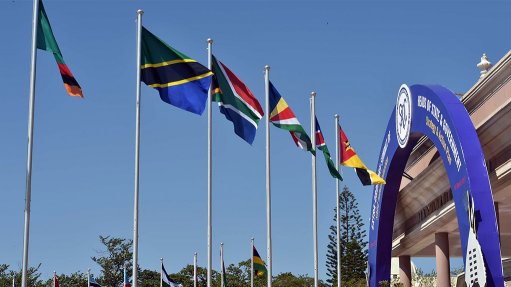
The Pan South African Language Board (PanSALB) on Tuesday welcomed the declaration by the Southern Africa Development Community (SADC) to adopt Kiswahili as its fourth official language of communication among 16 member countries.
The decision which was announced during the SADC thirty-ninth heads of state and government summit in Tanzania, as the world celebrates 2019 as the International Year of Indigenous Languages.
PanSALB said the decision ensured that the marginalisation of African languages as languages of business is dealt with. The official languages of SADC currently are English, Portuguese and French.
This means Kiswahili becomes the first indigenous language to be used by the bloc as an official language at inter-state level as Africa is the only continent where the majority of children start school using a foreign language.
Kiswahili is already an official language of the African Union and is spoken by over 100-million people as an official language of Kenya, Tanzania and Rwanda.
Dr David Maahlamela, chairperson of PanSALB, said Kiswahili is an impeccable point of departure in safeguarding integrative multilingualism inclusive of indigenous languages.
"This milestone achievement towards recognition and elevation of indigenous African languages across the SADC region forms part of the greater effort in ensuring development, usage and intellectualisation of our heritage languages," Maahlamela said.
"PanSALB’s vision for language planning stems on intellectualisation of indigenous languages on four spheres, that is, provincial, national, regional and continental level. Kiswahili is inevitably well-positioned to integrate the SADC region thus we fully support this long overdue resolution."
Maahlamela said South Africa, as an SADC member state, had a huge responsibility in ensuring that indigenous languages not only become communication languages, but also business languages in all sectors and environments.